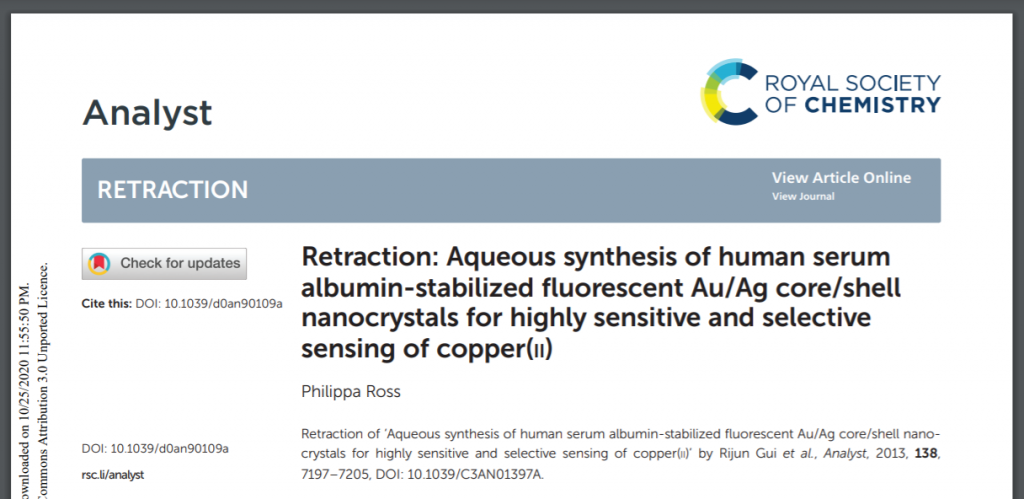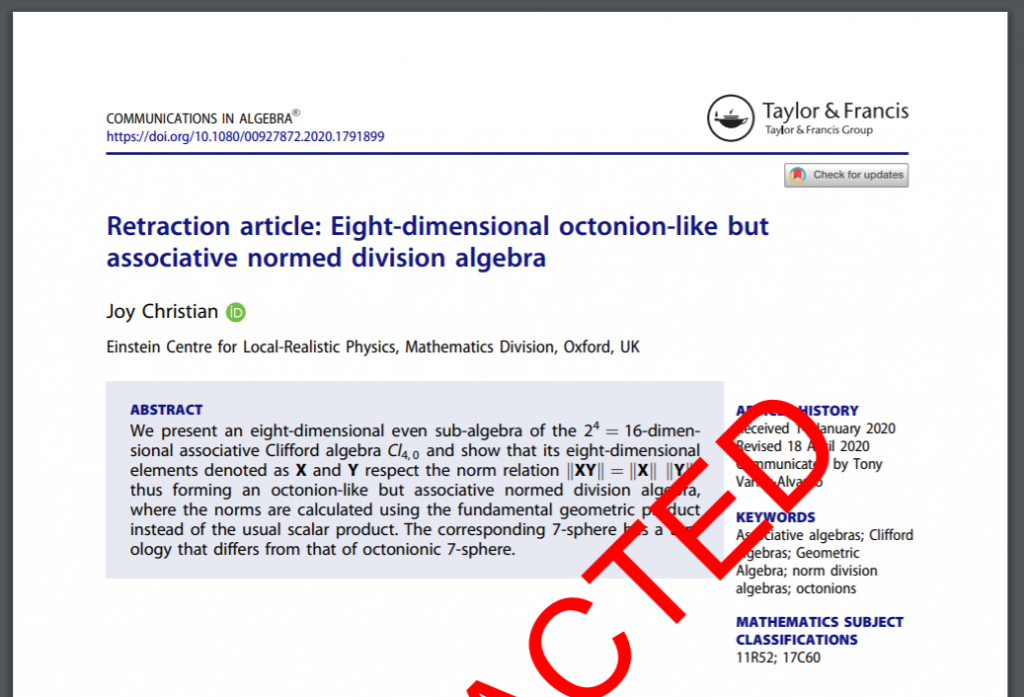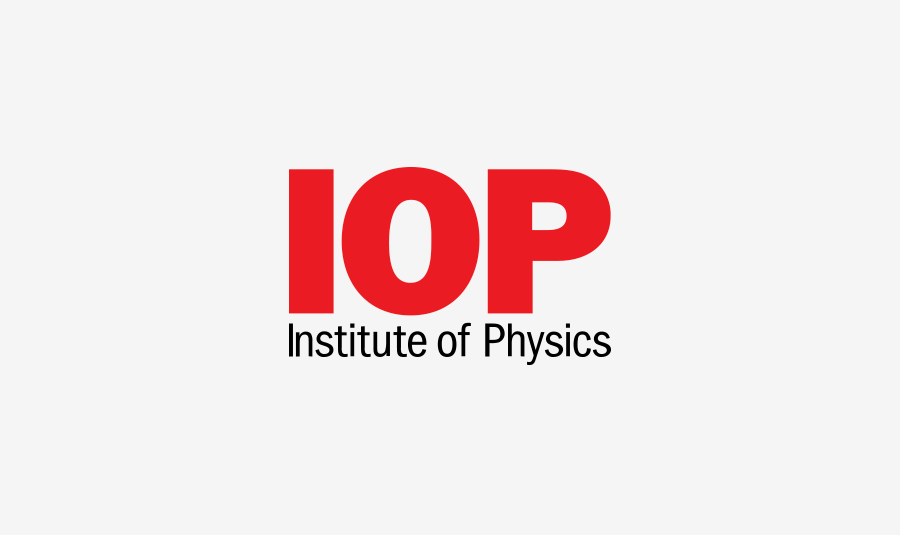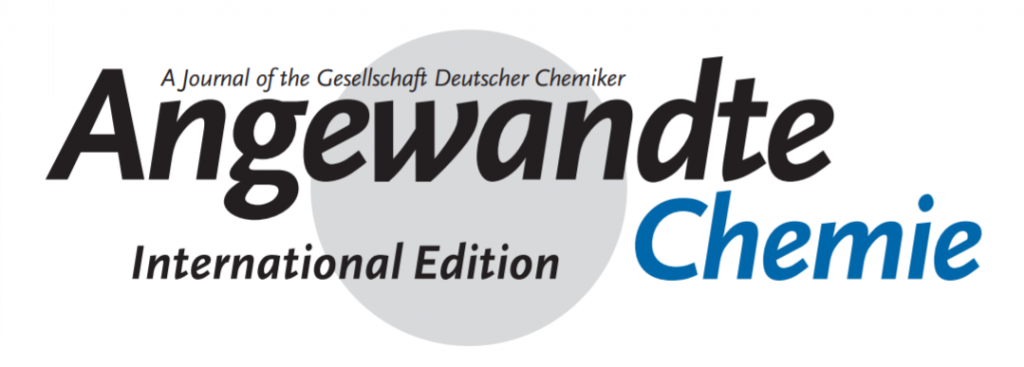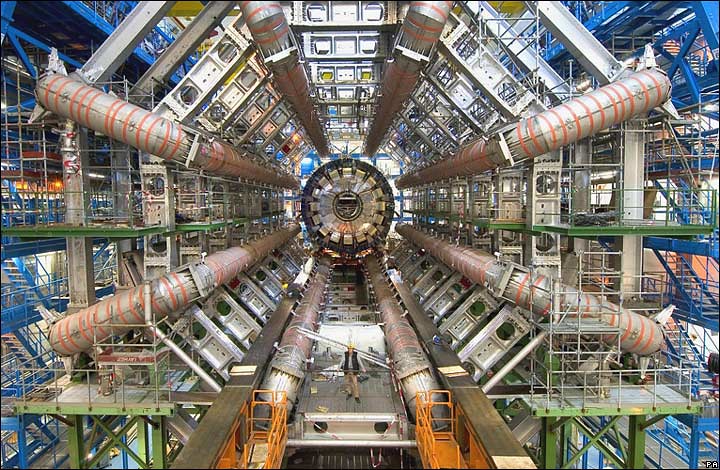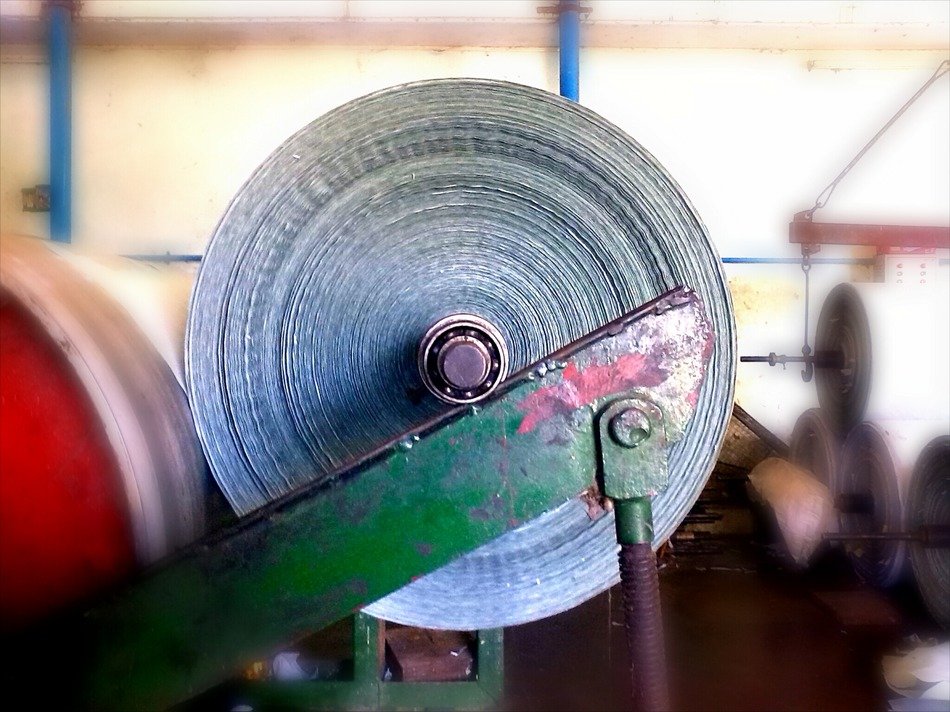
It appears to be Paper Mill Sweeps Week here at Retraction Watch.
On Tuesday, we reported on an editor who believes one such operation was responsible for the withdrawals of at least two articles in her journal.
Now, the Royal Society of Chemistry is retracting 68 articles, across three of its titles, after an investigation turned up evidence of what it suspects was the “systemic production of falsified research.” The society said it is in the process of beefing up its safeguards against milled papers and plans to train its editors to have “extra vigilance in the face of emerging, sophisticated digital fraud.”
Continue reading Publisher retracting 68 articles suspected of being paper mill products
